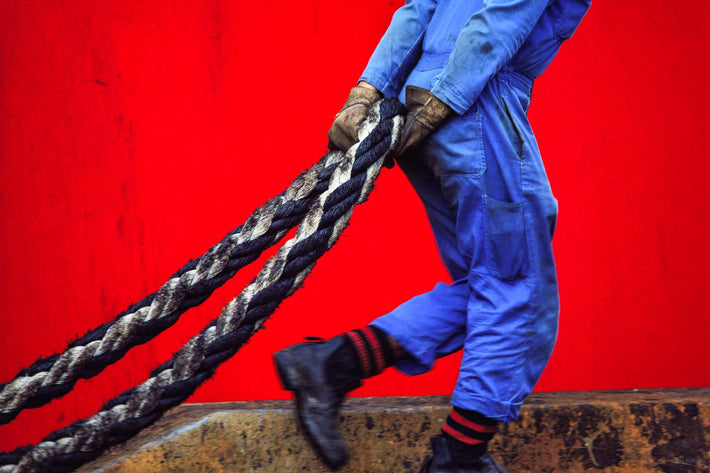
Red Wall and Rope, Singapore
Singapore
Kodachrome, 1981
Paper & Printing
Epson Ultra Premium Luster (13x19)
This paper produces vivid, lifelike images, superior ink coverage, and a high D-Max to ensure high reproduction quality prints. More about the paper...
For shipping , it's placed on backing board inside a clear plastic bag. They are then boxed in a custom 15x21x3 corrugated box protected inside 3 inches of charcoal foam. More about shipping...
Epson Legacy Baryta (20x30 and 40x60)
Baryta paper has a white, smooth satin finish with the look and feel of the revered silver halide F-surface darkroom papers and provides excellent image permanence. More about the paper...
20x30 prints are shipped flat in MasterPak PrintPak Art Shipping Sleeves. A "container within a container" with multiple layers of protection.
40x60 Paper prints will rolled and shipped in a archival tube. More about shipping...
Dye-Sublimation onto Aluminum (Metal)
Transferring the print to aluminum produces a vivid, archival quality print that is scratch resistant, doesn’t require glass or framing, and is lightweight and easy to hang. More about the paper...
Metal prints are shipped in a sturdy 44x63x3 crate. More about shipping...